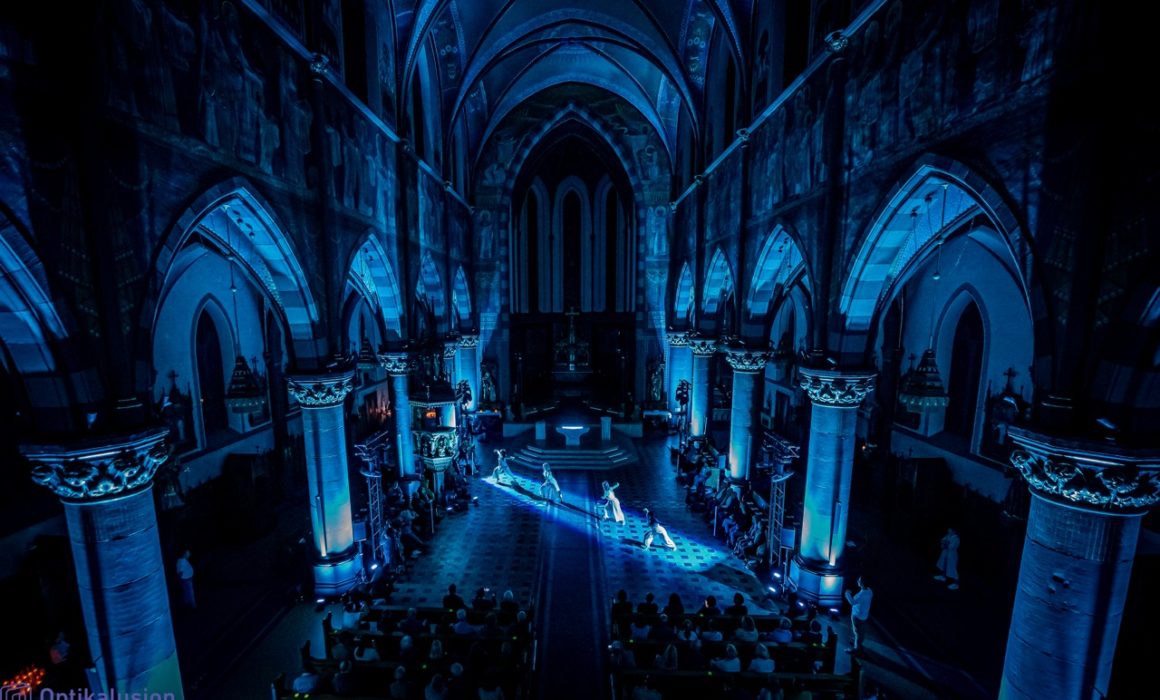Esch2022 REMIX Festival: a quick dive into inspiring, activating and on-boarding audiences onto the Esch2022 journey
Bracing up for a year of national and European festivities is no easy feat — certainly not for the flock of creative and organizational masterminds making it all happen, but neither, in spite of common belief, for audiences themselves. Perhaps contrary to (an outmoded) popular belief, audiences are, to us, all but passive. In fact, they’re as instrumental as anyone in bringing a concept, experience, or project to life. Ahead of the Esch2022 European Capital of Culture (ECOC) kick-off, our team has asked: “how can we work not for, but with the audience?”.
Honoring this desire to not just impress but galvanize and boost communities into their own creative and celebratory swirls, the Esch2022 REMIX Festival offers an enticing, engaging, and activating prelude to the celebratory year ahead. Our creative producers — and wiz minds behind the initiative —, Andy Machals and Gabriela Flores take us through the ambition, structure, and methods of the festival and why, far from an ephemeral commemoration, these efforts are in for the long haul.
What was the initial inspiration behind the Esch2022 REMIX Festival format?
Gabriela Flores (GF): The REMIX core topics of the Esch2022, and the co-creation element were intriguing and inspiring at the beginning — how do you convey that message through action instead of just theory? How do you prepare people for that? With this in mind, we decided to put together different formats and remix the content, which meant meeting all the team leaders of the different projects, finding core elements that brought them together and presenting them, their processes, and ideas to the audience.
Andy Machals (AM): Exactly. We tried to curate instances of encounters — Esch2022’s main slogan is “REMIX Culture”. So, how do we remix participants, audiences, ideas, and cultures? Obviously, the entire project of Esch2022, also with all its cultural events, exhibitions etc., will be about this and many of the projects that have already been in the works for years. But we asked ourselves: what does the public know about these hidden artistic processes that were already ongoing, and what would happen if we brought them together this far along in the process, just before their official inauguration?
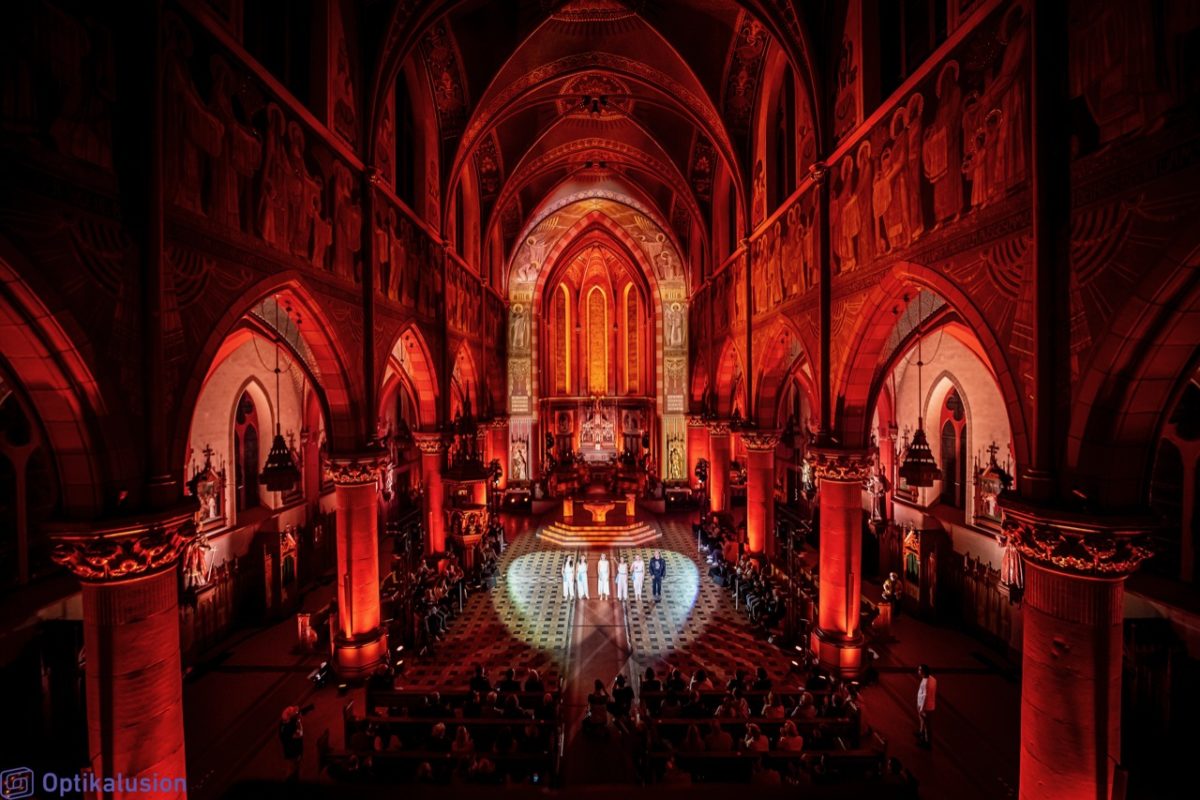
© Chris Moylan
How would you describe the aim(s) of the Esch2022 REMIX Festival?
GF: For me the biggest aim is to create community, to reach the local audience by showing them how much is available on their doorstep. Ideally, this newly created community will actively stay involved in the project’s unraveling.
We were also very keen on presenting wider perspectives about certain topics, sharing them with a diverse audience that might normally not look for them. In bringing together the different projects, we wanted to connect disparate audience demographics as well. This possibility of different worlds melding was also a driving force for us.
AM: Very simply put, the REMIX Festival was meant to solidify an audience for the opening of Esch2022 as well as throughout the year 2022, The main goal was to take the local audience onto the adventurous ride that Esch2022 promised to be. The festival is a lead-up campaign that translates some of the complicated strategy papers into experiences. The core values of Esch2022 revolve around participation and co-creation, in and through culture. The “through” is important, because, as Gabriela said, a multitude of formats allow the audience to participate to varying degrees.
Why is it important to create a process-based public understanding of the Esch2022 celebration?
GF: There are still many myths surrounding the creative processes of cultural and artistic projects in general — sometimes also about the people who make them. If the audience starts to get a glimpse into these processes, understanding where they come from, how they are conceived, and so on — I believe it could make them more open and receptive to the end result.
AM: That’s right: it’s a celebration of culture. Culture is never ready, never done, always fragmented, always asking questions. Esch2022 is heavily built on the region’s past. And while each of the projects unearth a bit of this history, they also shed light on how the region will develop beyond 2022. Seeing this development as processes that are uniquely rooted in local culture and fostered by its local creators, ultimately puts the spotlight on moments of change — at once cultural, economic, societal and individual. This is why the different formats of our journey are meant to hook different audiences, ranging from dance school students, to school kids, musicians, and politically engaged peers.
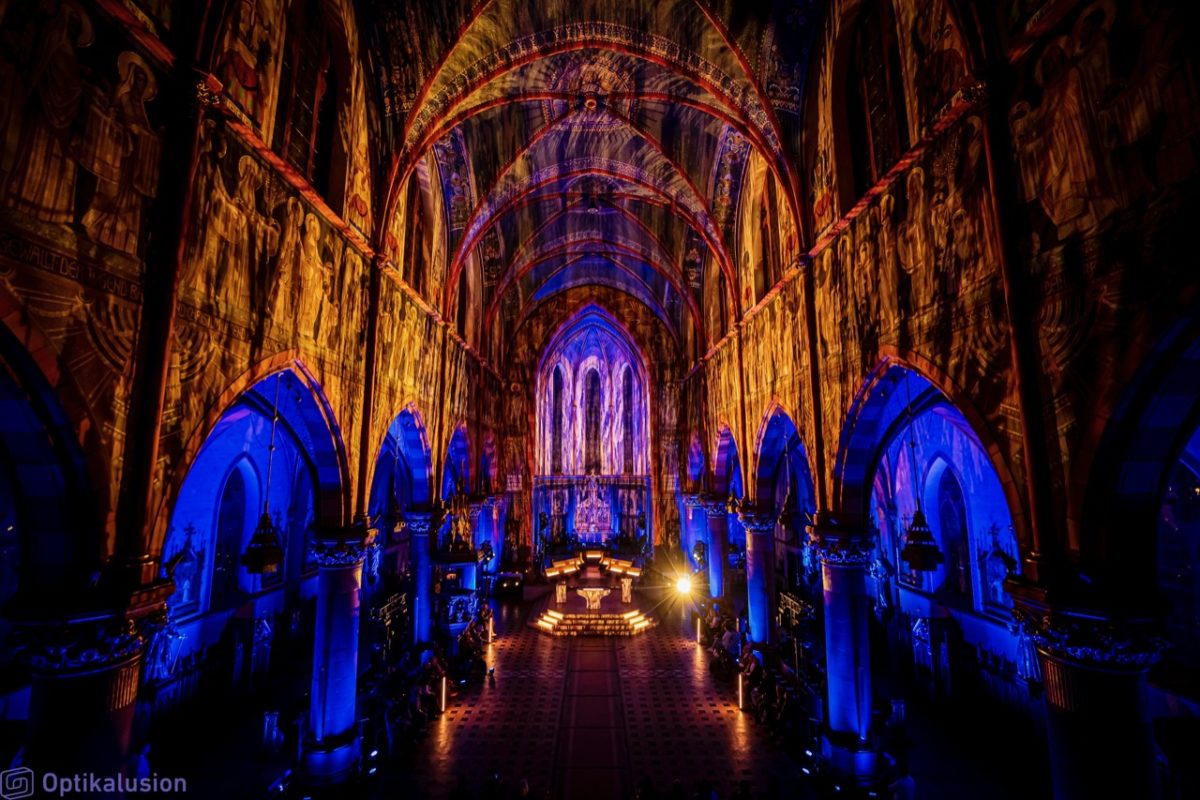
© Chris Moylan
How does the Esch2022 REMIX Festival, with all its different components, such as the Future Frequencies workshop, fit within the overall Esch2022 European Capital of Culture celebrations — how does the former complete the latter?
GF: The REMIX Festival is the teaser of the ECOC. All of the formats and events include only projects that are being created specifically for Esch2022 across the region.
At the same time, all the components share the same aim: bringing together different people, talents, ideas and co-creating with them. Both the REMIX Festival as well as the ECOC put the community, both the regional and the European, at the core.
AM: Exactly, each European Capital of Culture fosters local talents, activating and on-board it – in our case onto the Esch2022 journey.
How did you select the collaborators/ people you wished to bring together, to help the Esch2022 REMIX Festival come to life?
GF: We were involved in every project produced by the ECOC, we met the creators, heard their ideas, understood their process and their thoughts behind — then, we found common threads connecting them, and built the formats around them.
AM: Like Gabriela said, this search is still ongoing in the local communities, and won’t end anytime soon. We are still looking for movers, musicians, dancers, and all types of people with an interest in culture. The peers may include anyone, from established artists to amateur dancers or singers. Regardless of who you are — come join us on the Esch2022 journey.
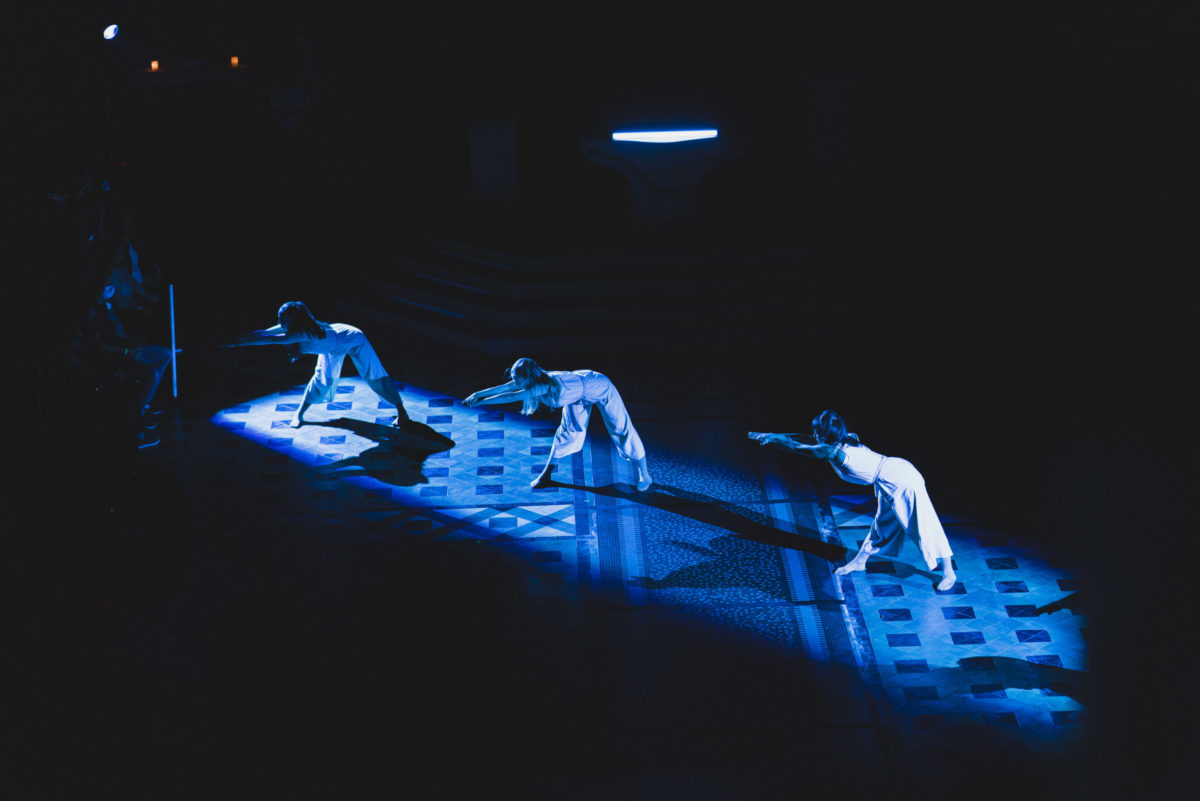
© SKIN 2021 for Esch2022
What was the biggest challenge of pulling off the execution of this format so far?
GF: Attracting the audiences has been complicated — the main challenge has been to find ways of efficiently communicating ideas and formats, to give people an idea of what to expect, whilst not giving too much away.
AM: Agreed. The challenge is twofold: first, how do you translate the tremendously dry EU literature linking cultural and political participation into exciting activities and encounters? Secondly, how do you communicate these essential values, encounters, and cultural programs so as to appeal to a varied and dense community?
What are you most looking forward to, in seeing your concept come to life?
GF: I look forward to finally sharing all of the projects and formats with the audience — I hope they feel inspired, but also that the experiences trigger their curiosity and challenge them to imagine — and create— their own projects or join someone else’s.
AM: For me, it’s not really about the concept, but rather about the coaching we are offering to musicians, dancers, young project managers, cultural producers, choreographers, and dancers. We hope for this to add tools that might change perspectives on cultural production, long into the future.
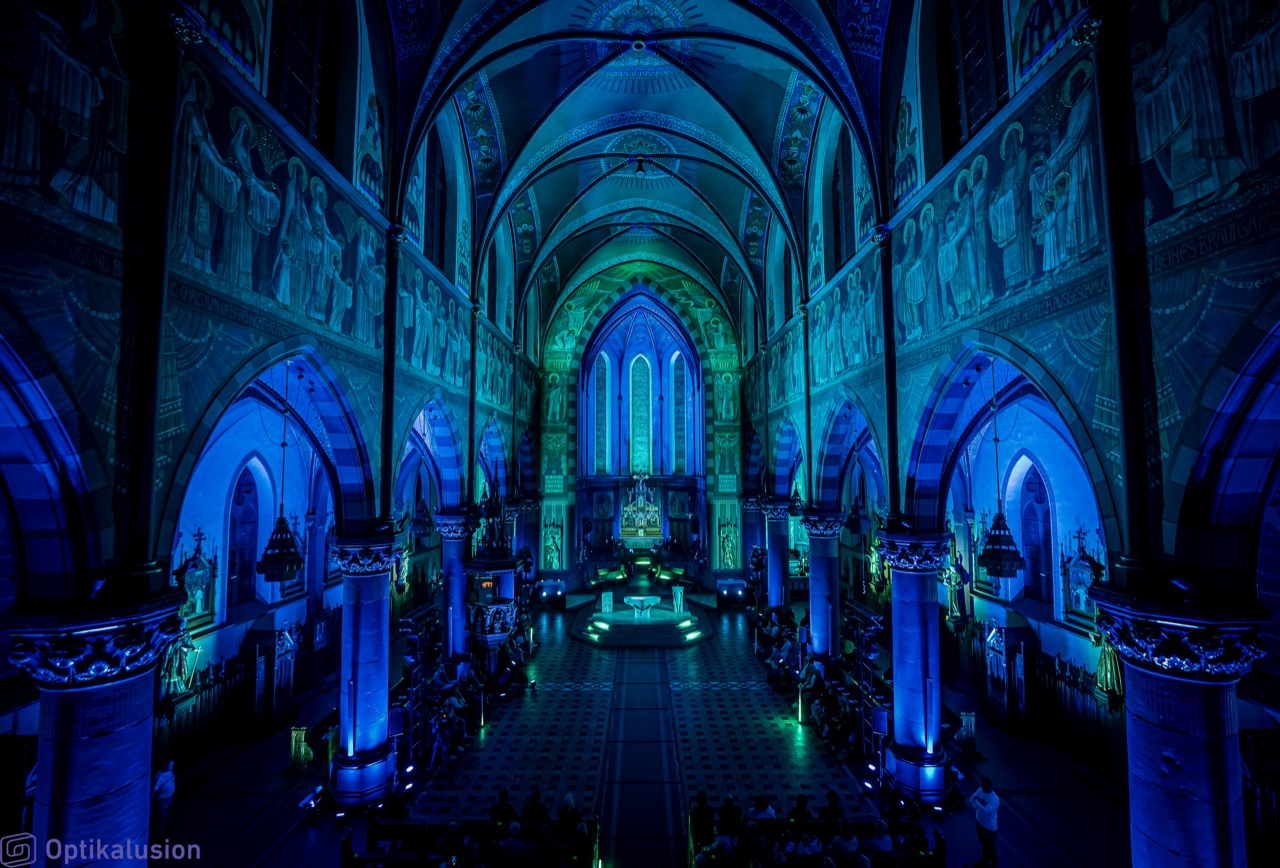
© Chris Moylan
What do you hope the Esch2022 REMIX Festival initiatives bring out of the Esch region?
GF: I hope it is inspiring and interesting enough for people to follow the ECOC projects and all the initiatives around them all the way through. I also hope that these initiatives strengthen the community and embolden the region as a cultural hub here to stay.
AM: Our aim was to give accessibility to a wide range of the population. We sought to help them spot the undiscovered talent, and to empower this talent.
Want to get the latest updates? Then, follow us on Facebook, Instagram and LinkedIn.


